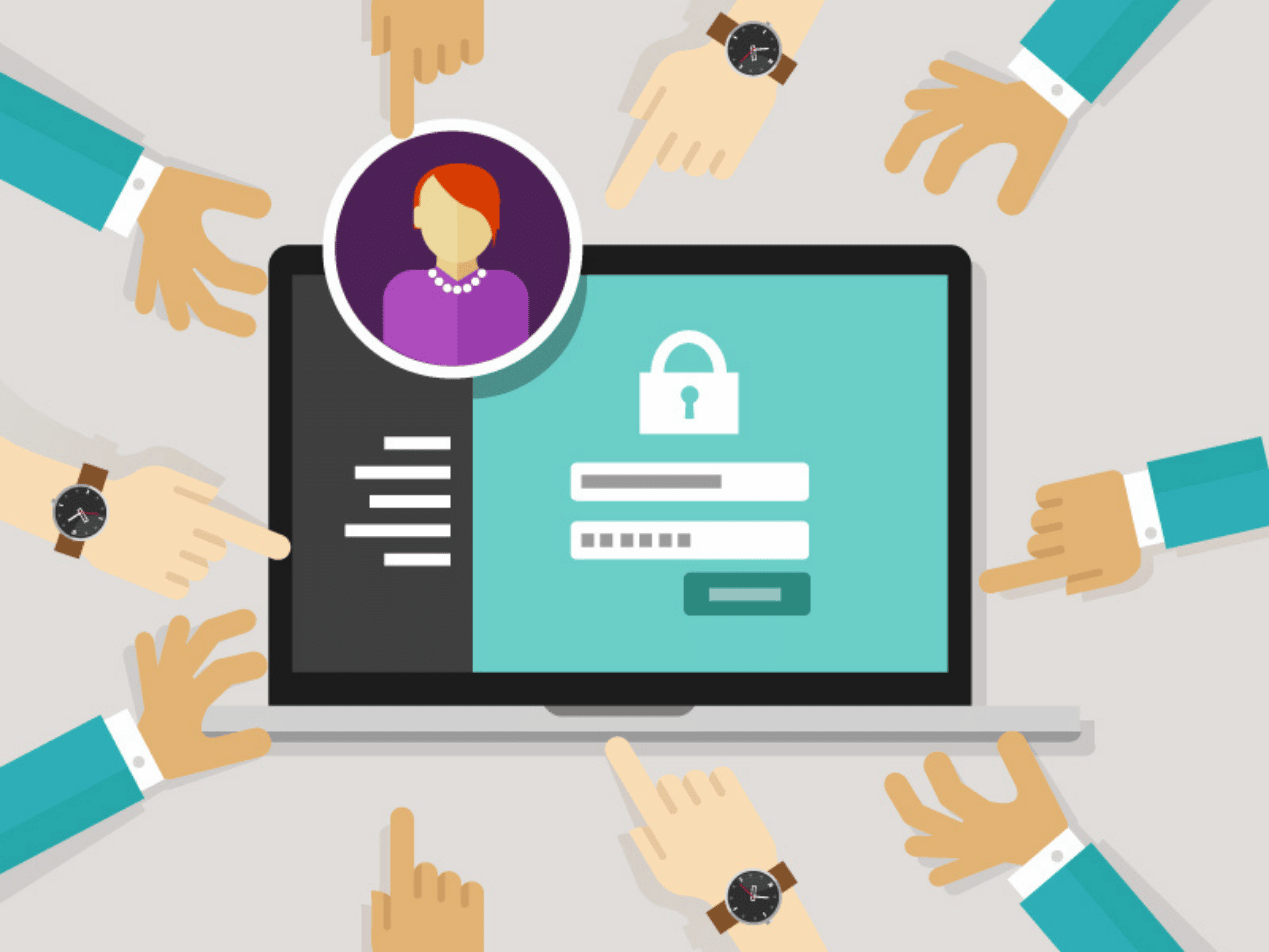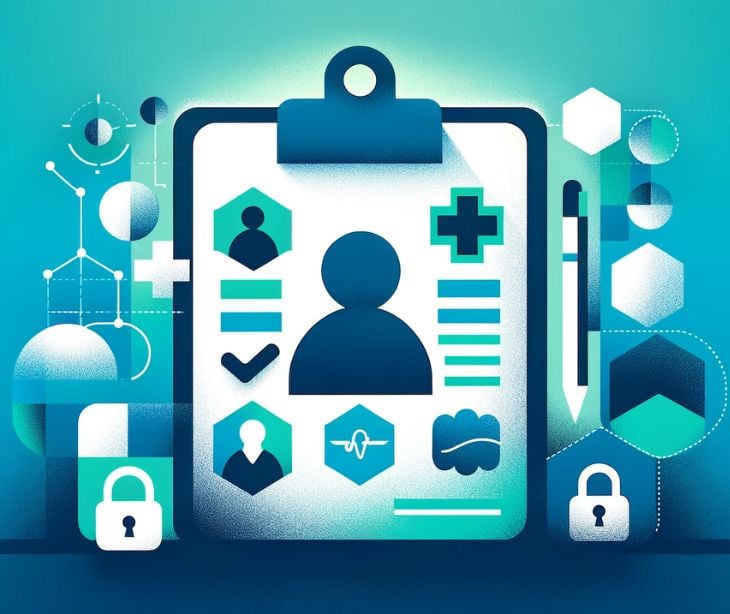
Privileged access management and HIPAA
PAM works on the principle of least privilege , which states that each user should be granted the lowest level of access necessary. This is especially important for healthcare providers. Covered entities or business associates that store electronic protected health information (ePHI) are subject to HIPAA regulations. That means that if your patients’ health data is compromised, regulators could ask questions about your network access policies. So it’s important to pay close attention to how HIPAA looks at user access.
SEE ALSO: Why You Should Consider Implementing Zero Trust for Your Healthcare Business
HIPAA’s minimum necessary standard
One key provision in the HIPAA Privacy Rule is the minimum necessary standard . This standard states that PHI should not be disclosed unless necessary. This standard also requires that practitioners limit access to records and information to only the necessary people. The goal of the HIPAA Privacy Rule is to protect patients, but it’s also important for your practice to be able to operate efficiently. With privileged access management, you limit access with the understanding that you will review any requests for access and approve them.Why is PAM useful?
There’s a reason HIPAA set a minimum necessary standard. Security breaches often come as a result of stolen credentials through phishing email attacks . Your employee clicks on a link in an email and then enters credentials into a site that looks legitimate. The bad actor now has the information necessary to infiltrate your network. With PAM, though, that employee would have a lower-tier level of access, which limits the damage a hacker could do. With an administrator’s access, for instance, a hacker could access folders containing ePHI or install malware , increasing the scope of a breach. When used in combination with a HIPAA compliant email solution that scans incoming email for viruses , PAM can significantly reduce your risk of a HIPAA violation .
SEE ALSO: The Complete Guide to HIPAA Violations
Using PAM to reduce HIPAA violation risk
Under the HIPAA Security Rule , any entity dealing with PHI must have security protocols in place. This includes having a process for managing security and a designated security official responsible for overseeing it. Your security official shouldn’t just randomly decide who gets super-user access and who is designated as a standard user. There should be documented processes that the Department of Health and Human Services could review if you ever have a data breach .
SEE ALSO: HIPAA Amendment Incentivizes Cybersecurity Best Practices
Paubox Email Suite Plus encrypts your messages by default, allowing you to protect any information you send, including PHI, with no extra effort on your end. Our solution includes ExecProtect which protects your organization against one of the most widespread types of phishing attacks, display name spoofing . Best of all, HIPAA integrates with both Google Workspace, Microsoft 365, or Microsoft Exchange . Your recipients will receive the encrypted messages directly in the inbox, with no password or portal login required. When combined with PAM policies, Paubox Email Suite Plus will help keep your patient health information safe.
Subscribe to Paubox Weekly
Every Friday we'll bring you the most important news from Paubox. Our aim is to make you smarter, faster.





